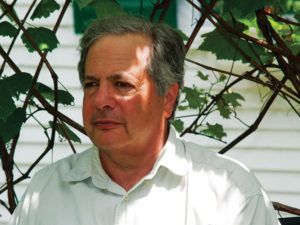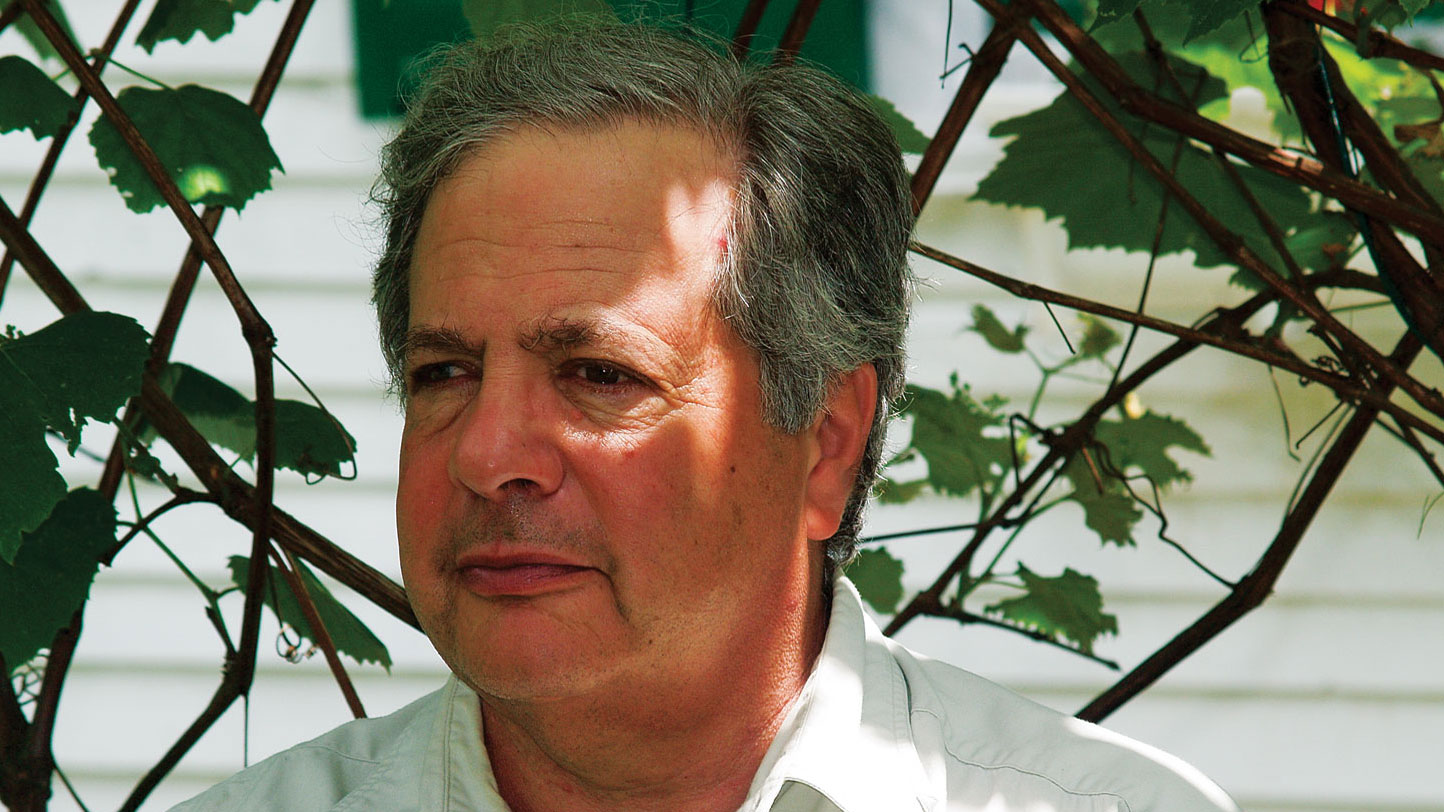Yuni Kim
Assistant News Editor
York history professor David Noble, perhaps best known for being an outspoken ad-vocate and political activist, passed away of unexpected natural causes at the age of 65.

“He was such a joyous person […] he took joy in what he thought was right,” said James Turk, executive director of the Canadian Association of University Teachers (CAUT), whose friendship with noble goes back almost 27 years. “He was a unique individual. it’s a terrible loss for the academic world.”
Noble rose to academic prominence with his 1984 critique of industrial automation, in which he argued technology was aggressively developed post-WWII to take power away from rising unions and to deskill the average worker from taking part in making managerial decisions in production.
Noble held a teaching position at the Massachusetts Institute of Technology, but was denied tenure. He also spent time working as the curator of the Smithsonian Institution, where he compiled an extensive display of the history and purpose of automation in the process of production.
Unfortunately, he was asked to leave that position as well.
“On one hand, he was brilliant. Hard-working and very productive,” Turk said of Noble’s character. “But he paid a big personal price for his activism […] he lost jobs he shouldn’t have lost.”
Turk referred to the 2001 incident when, despite having unanimous faculty support, Noble was denied a position to the J.S. Woodsworth research chair at Simon Fraser University. Noble attributed the administration’s opposition against him to his activism against corporatization. He settled out of court with the university in 2008, where the university admitted responsibility.
It was Turk who persuaded Noble to apply for a position at York University, where he was accepted and continued to teach until his death. Noble was almost immediately noticed for his consistent political activism and advocacy toward opposing Zionism and speaking out against on-campus international lobbyists.
“For instance, [Noble] thought it was outrageous that York University gave Jewish holidays off but not any other holidays,” said Turk. “So he challenged it […] he’s Jewish himself. He knew he was going against the grain.”
Noble became the centre of controversy in 2004 when he published a pamphlet that alleged the executive decisions made by the York University Foundation’s president and board of directors are made to reflect pro-Israel interests.
The pamphlet, titled “The York University Foundation: The Tail That Wags The Dog,” was distributed to students in one of his classes. The foundation, in response, publicly condemned his actions and Noble sued the school for defamation.
“David defended himself by defending his rights,” said Denis Rancourt, a former physics professor at the University of Ottawa and a close friend of Noble’s. “He exposed the attacks against him by going to the media and his contacts with civil rights groups.”
Rancourt first saw Noble in 2004 at an annual conference at the University of Ottawa, where Noble participated as a guest speaker. Vehemently opposing the corporatization of university campuses, Noble “shredded the president and the university executives like I had never seen before,” Rancourt stated in a memoriam piece published Dec. 30 on counterpunch.org.
“David was a passionate defender of civil and human rights,” Rancourt said in an email addressed to Excalibur. “He was completely dedicated to truth and justice […] David constantly risked his position to do the right thing and, as a leading historian, could see more clearly than anyone I knew.”
Noble’s older brother remembers him as a rebel in the family who insisted on wearing long hair in his younger years despite his parents’ disapproval.
“Even though he was younger, he propelled me into activism with his opposition to the Vietnam War while he was at the University of Florida getting his bachelor’s degree,” recalled Henry Noble. “He was very much loved and supported by his family, and we miss him very much […] but the best way to remember him would be to carry on his work rather than just eulogizing.”
Turk commended Noble for his persistence and dedication in academia and pursuit of criticizing social and academic injustice.
“He was a brilliant critic, but his criticism didn’t make him bitter,” said Turk. “He was a good teacher […] never compromised what his scholarship was about, never did what was just fashionable. Absolutely fear-less in confronting what he felt was wrong, a pain in the neck to those who were troubled by his tactics and yet, I can’t think of a guy with greater integrity.”
Noble is survived by his wife, three daughters, a sister and two brothers.
With files from Victoria Alarcon and Excalibur archives
David Noble, professor and advocate, dies at 65




